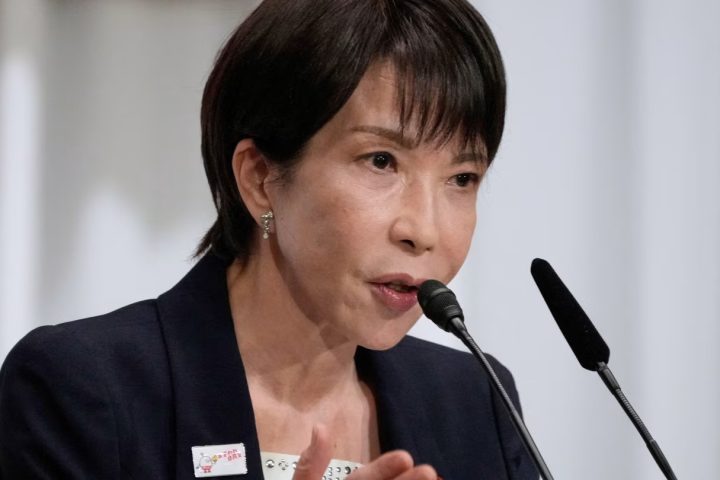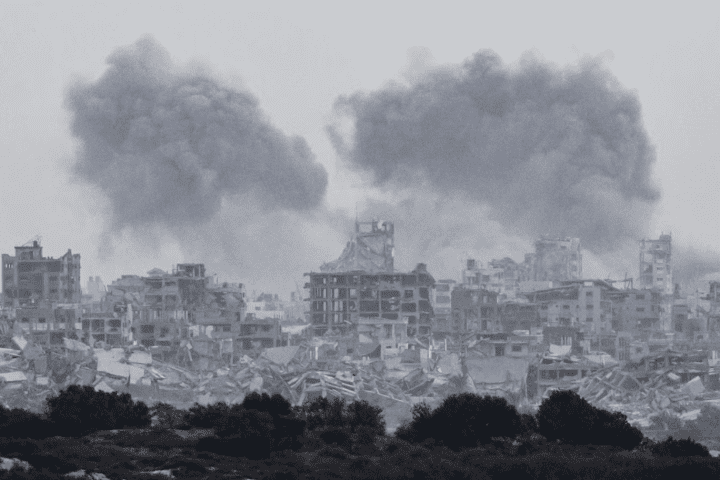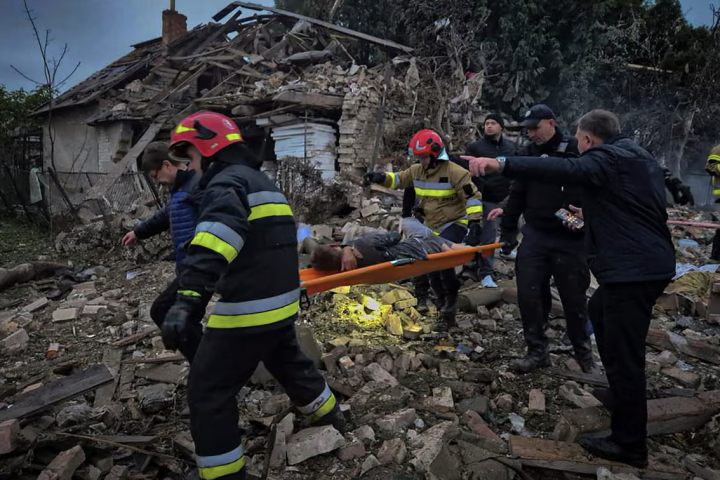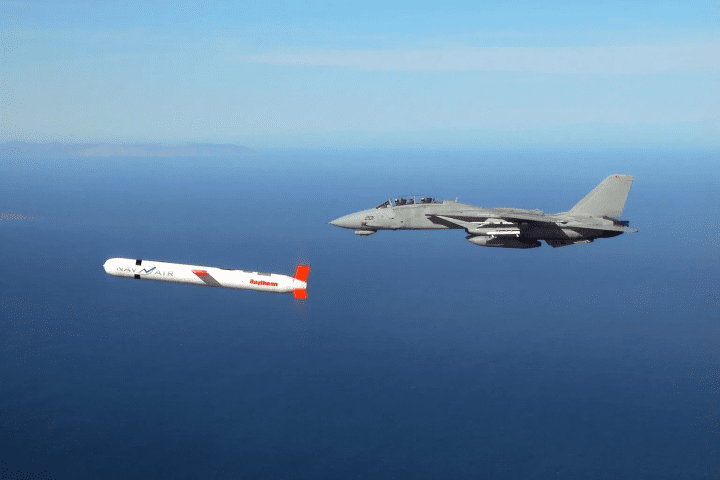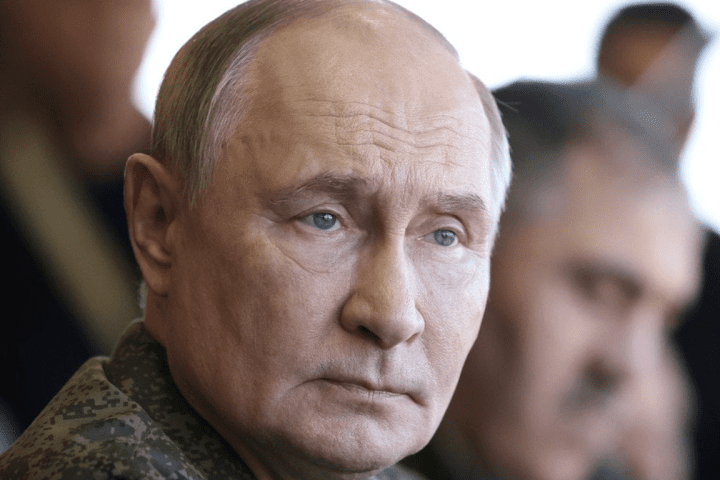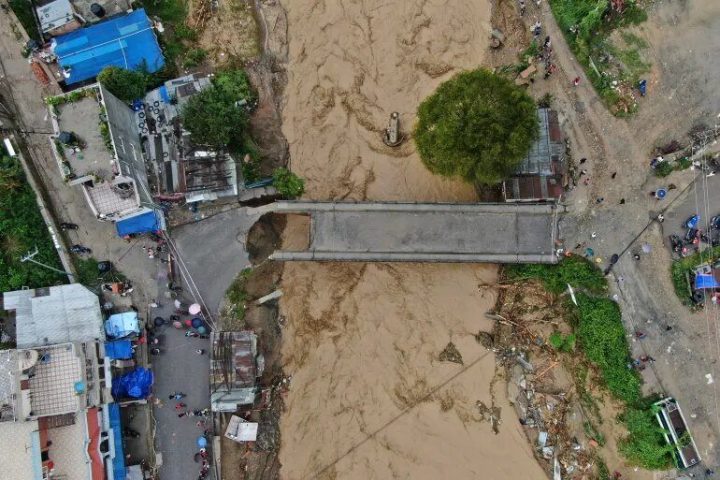Syria’s new Islamist-led authorities hold indirect parliamentary elections after Bashar al-Assad’s fall, marking a test of inclusivity and control for President Ahmed al-Sharaa.
Syria votes for new parliament after Assad’s fall
Syria held its first parliamentary elections on Sunday, marking the ouster of President Bashar al-Assad. The event was a legitimacy test for the new Islamist government led by President Ahmed al-Sharaa, a former al-Qaeda field commander who came to power after an uprising in December.
About 6,000 voters from regional constituencies took part in the indirect election, which is set to determine two-thirds of the 210 members of the future parliament. Sharaa will appoint the remaining third personally after preliminary results are announced, expected on Sunday evening.
“We will report to the president to start selecting the last third of the deputies,” said the head of the election committee, Mohammed al-Ahmed.
Why the elections are indirect
According to the authorities, a nationwide vote is impossible due to the lack of reliable demographic data after 14 years of war that has claimed hundreds of thousands of lives and forced millions of Syrians to flee the country.
Sharaa, who voted in Damascus, said the country needed a “new political foundation” to move forward:
“We did everything we could to fill the political void as quickly as possible.”
Silence instead of campaigning
A total of 1,570 candidates were approved to run, but campaigning was minimal — no posters or billboards in major cities, Reuters reported.
Damascus resident Sana al-Ali said:
“I have no hope. I don’t think anything will change for the better.”
Meanwhile, Aleppo resident Sameh Hindawi expressed moderate optimism, saying he hoped for direct elections next time.
Partial vote and criticism
For security and political reasons, the authorities postponed the elections in three provinces where ethnic and religious minorities live, leaving 19 seats in parliament vacant.
Critics believe that the partial and indirect vote undermines the representativeness of the process and strengthens presidential control.
Analysts say that the key to legitimacy will be the selection of 70 deputies personally by Sharaa: if they include women and representatives of minorities, the parliament may appear more inclusive. If it is only his associates, the new regime risks repeating the authoritarian practices of the previous one.
Related: Syria and Israel close to US-brokered de-escalation deal




